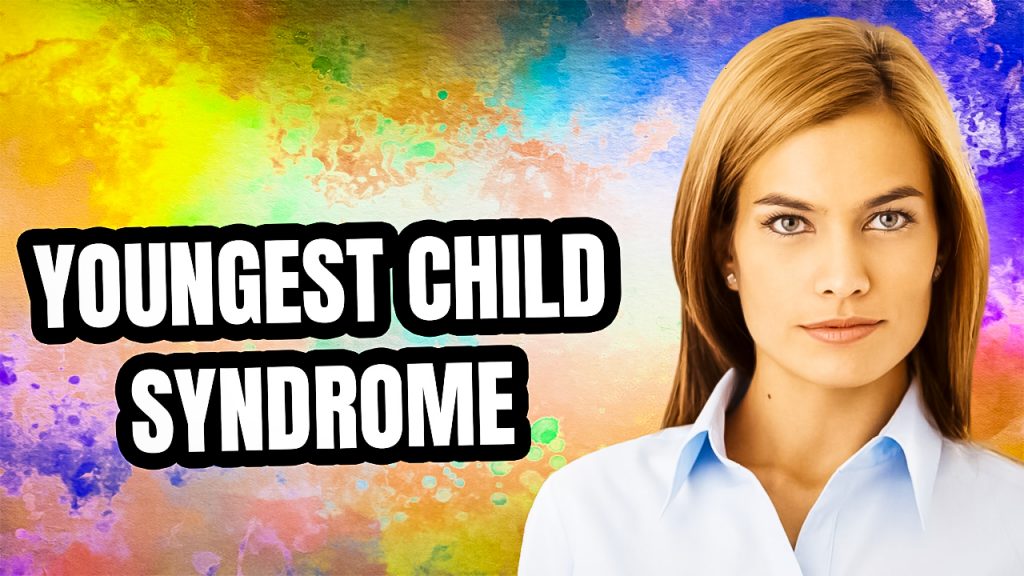What is Youngest Child Syndrome?

Youngest Child Syndrome refers to a set of behavioral characteristics that are commonly
attributed to the youngest child in a family. It is believed that the youngest child tends to exhibit a
particular set of traits and behaviors that are different from those of their older siblings. Some of
the common characteristics of the youngest child include a tendency to be more dependent,
outgoing, creative, and rebellious. However, it is important to note that not all youngest children
exhibit these traits, and there are several factors that can influence the development of these
characteristics.
The youngest child in a family is often referred to as the “baby” of the family. This is because
they are the last child to be born and are often the smallest and most vulnerable member of the
family. As a result, they tend to receive more attention and affection from their parents and older
siblings. This can create a sense of entitlement and dependence in the youngest child, as they
are used to receiving more attention and may feel that they are entitled to it.
One of the most common characteristics of the youngest child is their tendency to be more
outgoing and social than their older siblings. This is because they are often surrounded by older
siblings who are more experienced and confident in social situations. As a result, the youngest
child may feel the need to be more outgoing and sociable in order to keep up with their older
siblings.
Another common characteristic of the youngest child is their tendency to be more creative and
imaginative. This is because they are often left to entertain themselves when their older siblings
are busy with schoolwork or other activities. As a result, the youngest child may develop a rich
inner world of imagination and creativity, which can serve them well later in life.
The youngest child also tends to be more rebellious and independent than their older siblings.
This is because they are often given more freedom and independence by their parents, who
may be more relaxed and permissive after having raised several children already. As a result,
the youngest child may feel that they have more freedom to express themselves and may be
more likely to challenge authority and rules.
There are several factors that can influence the development of Youngest Child Syndrome. One
of the most important factors is the family’s size and structure. Families with only one or two
children are less likely to exhibit the characteristics of Youngest Child Syndrome, as there are
fewer siblings to compete with for attention and resources. On the other hand, larger families
with three or more children are more likely to exhibit these characteristics, as the youngest child
may feel the need to assert themselves in order to compete with their older siblings.
Another factor that can influence the development of Youngest Child Syndrome is the age gap
between siblings. The larger the age gap, the more likely it is that the youngest child will exhibit
the characteristics of this syndrome. This is because there is a greater difference in age and experience between the youngest child and their older siblings, which can create a sense of
competition and a need to assert oneself.
It is important to note that not all youngest children exhibit the characteristics of Youngest Child
Syndrome. There are several other factors that can influence a child’s behavior and personality,
such as their temperament, genetics, and environment. Additionally, the characteristics of
Youngest Child Syndrome can be influenced by cultural and societal factors, such as the
expectations placed on children by their parents and the wider community.
In conclusion, Youngest Child Syndrome refers to a set of behavioral characteristics that are
commonly attributed to the youngest child in a family. While the youngest child may exhibit
some of these characteristics, it is important to recognize that not all youngest children exhibit
these traits, and there are several factors that can influence the development of these
characteristics. As with any personality trait or behavior, it is important to recognize that each
child is unique and should be treated as an individual, rather than being labeled based on their
birth order or other factors outside of their control.
This Post is Brought To You By BetterHelp